The yuletide season is usually the period with the most celebrations and social activities globally. This invariably translates to higher consumption of food, drinks and other edibles, cancer-causing tobacco products not exempted.
One industry that exploits the yuletide maximally is the tobacco industry which engages in promotions, giveaways and other activities that seem “harmless” for the uninformed.
It should be anticipated that we will start seeing new brands, brand variants, packaging innovations and other like mannered innovations that are ultimately targeted at conscripting new smokers, especially children. As the internet liberalization makes use of smartphones more appealing to the youths, that space will be active this season.
The phrase, ‘Tobacco is the leading most preventable cause of death’, killing at least seven million people annually (will hit eight million by 2030) may take the back seat in all the social media buzz that attends the tobacco industry manipulation of the media this season, no thanks to the delayed enforcement of the National Tobacco Control (NTC) Act 2015 and its recently gazette Regulations.
This lacuna is now being exploited by the tobacco industry to lure unsuspecting users of their products into the age-long death habit.
Many a time, people have questioned and wondered why there is no outright ban of tobacco products. Because of their lethal nature, public health experts would have preferred an outright ban on tobacco, but the reality is that tobacco products are still termed as legal products.
The tobacco industry promotes the fallacy that a total ban will not only encourage illicit trade in tobacco products, total or partial loss in government revenue, but also difficulty in product content regulation, among others. The World Health Organization (WHO) therefore advocates regulation to ensure that children have monitored access to it, tobacco taxation to make the product more expensive, and product content regulation to reduce the addictive substance in the product amongst others.
Regulating tobacco products deglamorizes it and discourages the youths from experimenting the products. As the public health community monitors the antics of the industry this season, attention must be beamed on entertainment— one of the remaining spaces that tobacco merchants have used (and still do) to woo young smokers.
Tobacco Advertisement Promotion and Sponsorships (TAPS) is still a channel that helps the industry achieve its aims, albeit subtly. Strong evidence show that onscreen smoking promotes smoking initiation among adolescents.
Recalling cigarette advertisements, regular viewing of tobacco promotional items while watching movies or music videos can increase the chances of an adolescent becoming an established smoker. Celebrities smoking depict the habit as attractive. What is portrayed to young ones are impressions that smoking makes them look cool, calm, sexy, handsome, in control etc.
The evident dangers in this strategy informed Corporate Accountability and Public Participation Africa, CAPPA’s recent campaigns on #smokefreenollywood which seeks among others, to partner with entertainment stakeholders to prohibit smoking in Nigerian movies and music videos. CAPPA believes that the Nigerian government must ensure only safe content is projected on Nigerian screens.
These efforts have equally exposed the fact that implementing tobacco control laws is a venture that requires lots of resources. Adequate resources must go into education and awareness, intergovernmental collaborations, training, and enforcement of the existing tobacco control laws. It is exactly because of this that the NTC Act 2015 has a provision that establishes mechanisms for Tobacco Control Funding.
Part 3, Section 8 Subsection 1 of the NTC Act, provides “for the creation of the Tobacco Control Fund which shall consist of monies made available by the Federal Government from annual budgetary allocations approved by the National Assembly”.
Monies in form of subventions from any of the governments of the Federation to meet the stated objectives of the Act include other sources of funding as suggested in the NTC Act 2015.
Unfortunately, the Nigerian government is yet to operationalize the fund or explore budgetary provisions for tobacco control. There was no budgetary allocation to tobacco control in the 2020 national budget, and there may not be in that of 2021. The delay in operationalizing the Tobacco Control Fund, therefore, opens a gap in implementing tobacco control policies that the industry is ready and willing to exploit.
Yes, because tobacco exposure ensures everyone else is at a form of loss like passive smoking, environmental degradation due to cigarette butts and of course Cardiovascular and other tobacco-induced diseases which could lead to death for active smokers. Ultimately a funding regime will provide a host of benefits to the nation including more revenue to the government and fewer smokers which translates to a healthier society.
As we anticipate heightened activities by the tobacco industry to woo young smokers this season, the absolute resolution by the Nigerian government to do something about the funding challenges bedeviling tobacco control is futuristic but that future is now. Making such a decision now will lessen and largely eliminate the worry of the public health community as the industry continues to innovate to grab more lungs.
In the long run, it will go a long way in protecting the young from tobacco use and harm. The younger generation deserves smoke-free lungs, and the Nigerian government can do well to make it happen. It will not be too much for Nigerians to receive such news as a New Year gift.
Merry Christmas and a smoke-free new year to everyone!
By Oluchi Robert







